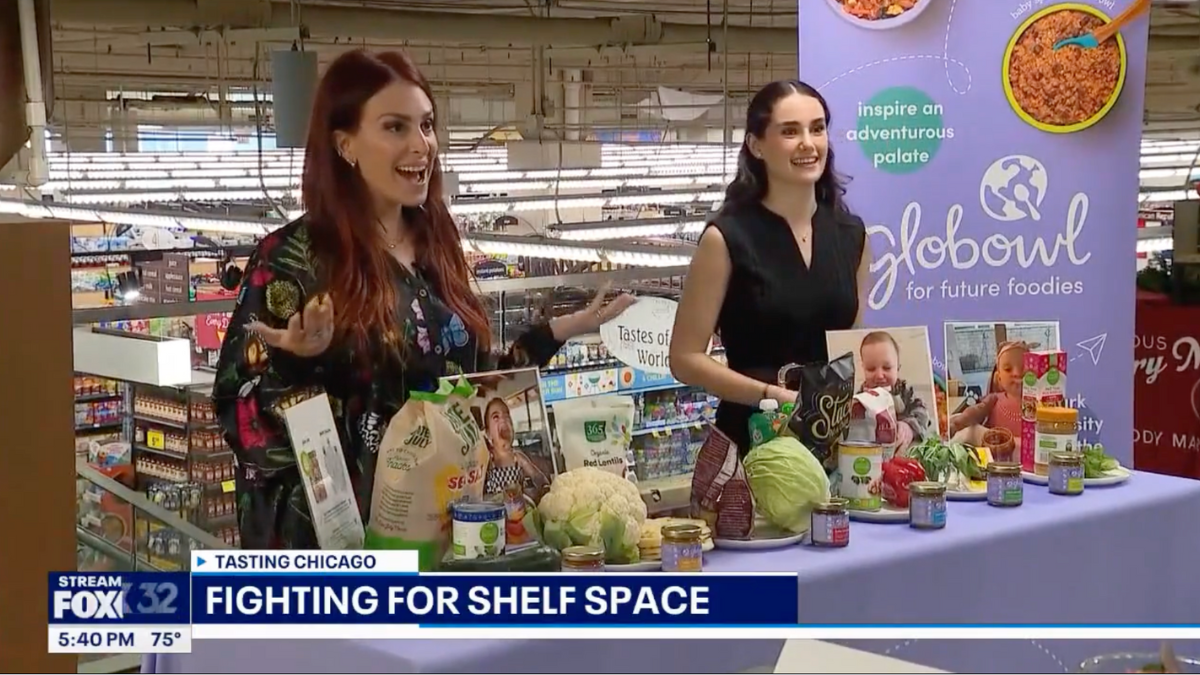There has been limited innovation in the baby food space for generations. The biggest “new in the baby food aisle” product in the past few decades has been the spouted pouch. Although we are 100% guilty of buying and using these ourselves – and appreciate the convenience, btw! – there is a reason why pediatricians, pediatric dentists, nutritionists and occupational and speech therapists advise against them.
We spoke with Sejal Patel, DDS, a board-certified pediatric dentist and mom, who said:
 “Pouches are bad. It’s too much consumption in one sitting and presents a high risk for cavities... At a young age, this soft diet can lead to poor facial muscle development contributing to poor speech, poor facial bone development, airway issues, and orthodontic issues. This all in addition to the poor dietary habits it can create as well. Kids should eat their food, not drink it.”
“Pouches are bad. It’s too much consumption in one sitting and presents a high risk for cavities... At a young age, this soft diet can lead to poor facial muscle development contributing to poor speech, poor facial bone development, airway issues, and orthodontic issues. This all in addition to the poor dietary habits it can create as well. Kids should eat their food, not drink it.”
In developing Globowl, we were adamant about creating the healthiest product possible for our little ones…and that is why we serve our food in glass jars.
1. Oral Motor Skills – using a spoon encourages babies to practice tongue and mouth movements necessary for chewing and swallowing. This can help with the development of oral motor skills, which are paramount for speech and overall oral health. Children should never be drinking their food, they should be eating it, as Dr. Patel explains.
2. Sensory Development – spoon feeding allows babies to experience different textures, smells and tastes, which contributes to the development of their sensory skills and helps them become more comfortable with a wide range of nutrition as they transition to solid foods. Spouted pouches do not offer the same sensory experience as feeding from a spoon or directly handling different foods.
3. Self Feeding Skills – spoon feeding allows for a gradual transition to self-feeding. As babies become more coordinated, they can learn to hold and manipulate a spoon (or fork) themselves. This promotes independence and fine motor skill development.
4. Dental Health – prolonged and frequent use of pouches could impact dental health if liquid-y purees are consumed too often (pouches are made with a LOT of fruit; a lot of fruit = a lot of sugar). If you utilize pouches for snacks, make sure to clean baby’s mouth and teeth after consumption.
5. Parent/Baby Interaction – spoon feeding provides an opportunity for close interaction and bonding between caretaker and baby during feeding. Traditional feeding methods (not sucking from a pouch) provide opportunities for eye contact, communication and connection, while offering a spoonful of food and waiting for the baby’s response encourages communication.
We respect and honor all of the millions of decisions we as parents have to make every. single. day, so our recommendation is….whatever works for you!!!





